Wolverhampton Wanderers head into their third successive season of Premier League football hoping to again challenge the big boys for European qualification.
Nuno Espirito Santo's side have finished seventh in both top-flight campaigns since earning promotion and look perfectly at home in that area of the table despite their relatively recent lower-league past.
Here, Sports Mole takes an in-depth look at Wolves ahead of the 2020-21 campaign.
How did they fare last season?
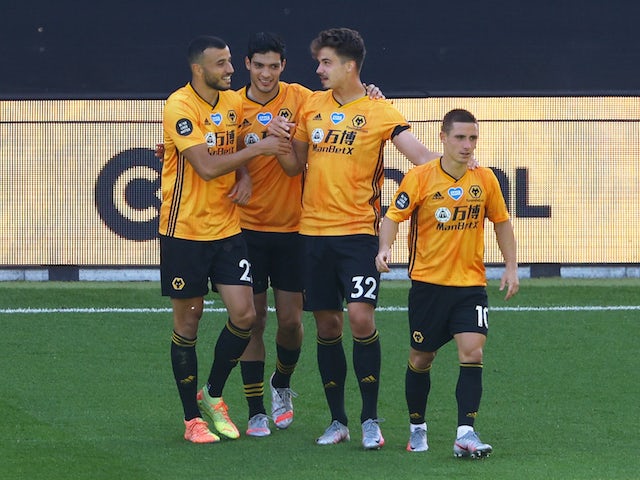
Even better than the previous campaign, but with less reward.
It is easy to forget that 2019-20 was only Wolves' second season back in the Premier League, with Nuno Espirito Santo's side again expected to challenge for European qualification having earned a Europa League spot in their first campaign after promotion.
Wolves matched their seventh-placed finish, but this time that was not enough for another Europa League campaign due to Arsenal finishing outside the top six but winning the FA Cup.
There may be part of Nuno that is pleased not to have Europa League football considering their European excursions last term lasted 383 days in total, from the second qualifying round on July 25, 2019 to their quarter-final exit at the hands of eventual winners Sevilla on August 11, 2020.
The early start certainly seemed to have an impact on their Premier League form at the start of the domestic campaign as Wolves failed to win any of their first six matches, picking up four points from the 18 on offer in that time to find themselves in the relegation zone.
However, they soon started climbing the table with an 11-game unbeaten run which included victory at Manchester City - part of a league double over the reigning champions last season.
Nuno's side visited Chelsea on the final day knowing that victory would guarantee a top-six finish, but their 2-0 defeat at Stamford Bridge instead saw them miss out on the final Europa League spot on goal difference to Tottenham Hotspur.
Biggest improvement needed
Stop conceding stoppage-time goals.
No team conceded fewer goals than Wolves between the 46th and 90th minutes last season - they shipped just 10 in that time - yet no team conceded more beyond the 90th either.
Wolves let in five goals in second-half stoppage time, costing them a crucial four points in total - had they not conceded those goals they would have finished fifth and secured Europa League football for next season.
Manager: Nuno Espirito Santo
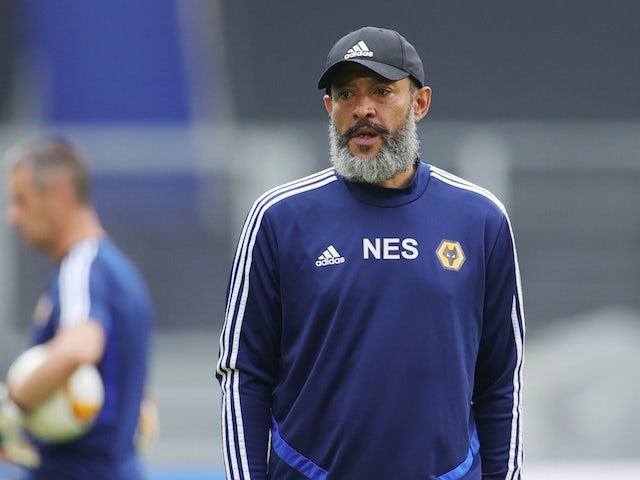 © Reuters
© Reuters
Nuno's stock continues to rise at Wolves, having steered them to a second successive seventh-placed finish last season, equalling the club's highest league finish since 1980.
The Portuguese boss took over in 2017 with Wolves in the Championship and earned them immediate promotion before two highly successful campaigns back in the top flight.
Nuno also guided Wolves to their best European performance since 1972 last term, although some speculation has arisen over his long-term future with his contract due to expire next summer.
Key player: Raul Jimenez
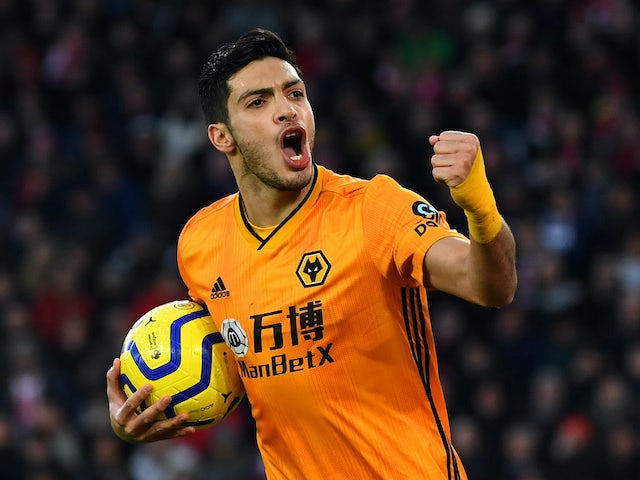 © Reuters
© Reuters
Wolves have a few genuine match-winners in their ranks and if Adama Traore continues to improve as he did last season then he could well prove to be the main difference-maker this season.
It is difficult to look past Raul Jimenez for his sheer number of goals, though, with the Mexican ending both of his seasons at Molineux as top scorer.
Jimenez netted 27 times across all competitions last season, including 17 in the Premier League, leading to links with a move away again this summer.
Summer transfer business
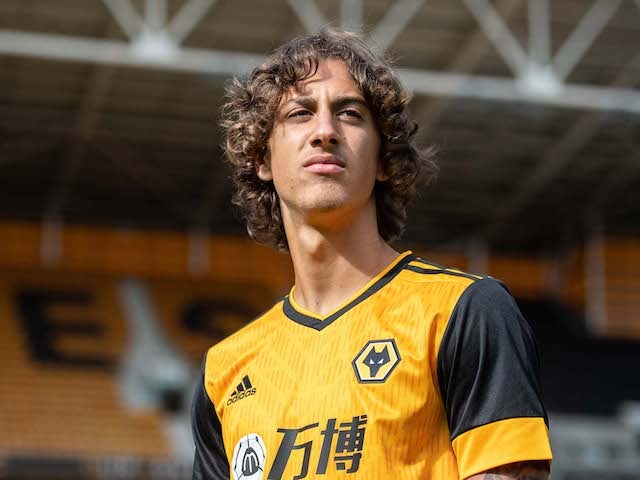 © Wolverhampton Wanderers FC
© Wolverhampton Wanderers FC
In
Matija Sarkic (free, Aston Villa)
Fabio Silva (£36m, Porto)
Marcal (£1.8m, Lyon)
Vitinha (loan, Porto)
Ki-Jana Hoever (£8.8m, Liverpool)
Nelson Semedo (£27m, Barcelona)
Rayan Ait Nouri (loan, Angers)
Out
Helder Costa (£15.9m, Leeds United)
Yang Ming-yan (released)
Jordan Graham (free, Gillingham)
Phil Ofosu-Ayeh (released)
Ryan Giles (loan, Coventry City)
Elliot Watt (undisclosed, Bradford City)
Bright Enobakhare (undisclosed, AEK Athens)
Will Norris (undisclosed, Burnley)
Morgan Gibbs-White (loan, Swansea City)
Cameron John (undisclosed, Doncaster Rovers)
Flavio Cristovao (undisclosed, Maritimo)
Connor Ronan (loan, Grasshopper Zurich)
Matt Doherty (£15.1m, Tottenham Hotspur)
Matija Sarkic (loan, Shrewsbury Town)
Benny Ashley-Seal (undisclosed, Northampton Town)
Terry Taylor (loan, Grimsby Town)
Daniel Csoka (free, AFC Wimbledon)
Bruno Jordao (loan, Famalicao)
Diogo Jota (£40.2m, Liverpool)
Leonardo Campana (loan, Famalicao)
Leo Bonatini (loan, Grasshoppers)
Ruben Vinagre (loan, Olympiacos)
Austin Samuels (loan, Bradford City)
Dion Sanderson (loan, Sunderland)
Niall Ennis (loan, Burton Albion)
Ryan Bennett (free, Swansea City)
Wolves total spent to date: £73.6m
Wolves total received to date: £71.3m
Wolves net transfer balance: -£2.3m
Squad
5. Fernando Marcal (DF)
7. Pedro Neto (MF)
8. Ruben Neves (MF)
9. Raul Jimenez (FW)
10. Daniel Podence (MF)
11. Rui Patricio (GK)
15. Willy Boly (DF)
16. Conor Coady (DF)
17. Fabio Silva (FW)
18. Diogo Jota (MF)
19. Jonny (DF)
20. Vitinha (MF)
21. John Ruddy (GK)
27. Romain Saiss (DF)
28. Joao Moutinho (MF)
29. Ruben Vinagre (DF)
30. Leonardo Campana (FW)
32. Leander Dendoncker (DF)
37. Adama Traore (MF)
49. Max Kilman (DF)
59. Oskar Buur (DF)
- Ryan Bennett (DF)
- Leo Bonatini (FW)
- Roderick (DF)
Possible starting XI
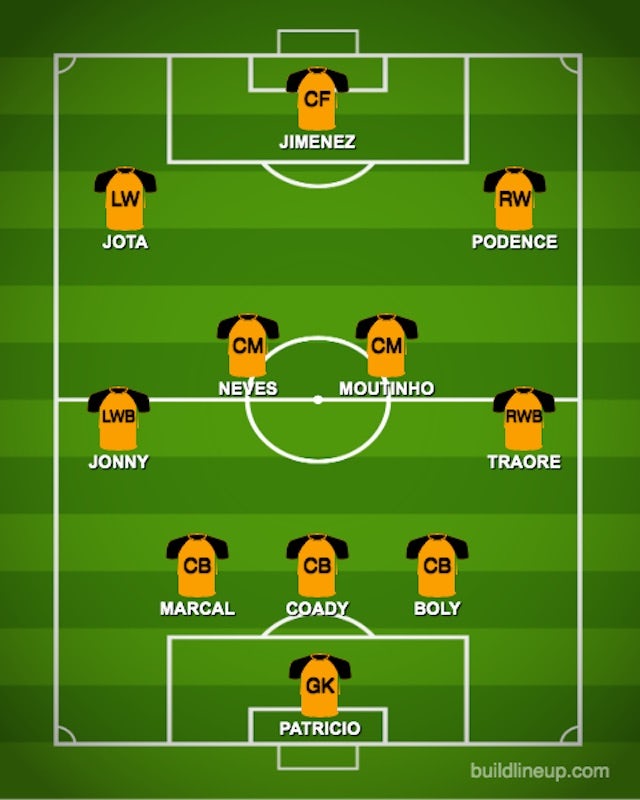
Fixture list
Wolves begin their 2020-21 campaign away to Sheffield United before welcoming Manchester City - a team they beat home and away last season - to Molineux in their first home outing.
December is set to be a difficult month with matches against Liverpool, Chelsea, Tottenham Hotspur and Manchester United, while they also face Liverpool and Manchester City back to back in March.
It is a tricky end to the campaign too, with Tottenham Hotspur in their penultimate away game and Manchester United in the final game of the season.
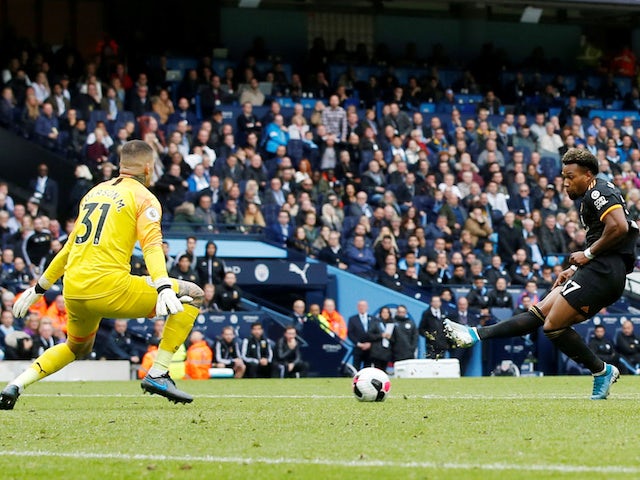 © Reuters
© Reuters
SEPTEMBER
14: Sheffield United (a)
19: Manchester City (h)
26: West Ham United (a)
OCTOBER
3: Fulham (h)
17: Leeds United (a)
24: Newcastle United (h)
31: Crystal Palace (h)
NOVEMBER
7: Leicester City (a)
21: Southampton (h)
28: Arsenal (a)
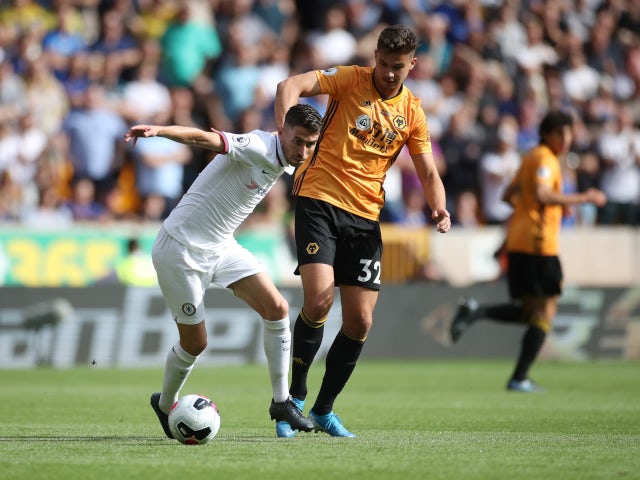 © Reuters
© Reuters
DECEMBER
5: Liverpool (a)
12: Aston Villa (h)
15: Chelsea (h)
19: Burnley (a)
26: Tottenham Hotspur (h)
28: Manchester United (a)
JANUARY
2: Brighton (a)
12: Everton (h)
16: West Bromwich Albion (h)
27: Chelsea (a)
30: Crystal Palace (a)
FEBRUARY
2: Arsenal (h)
6: Leicester City (h)
13: Southampton (a)
20: Leeds United (h)
27: Newcastle United (a)
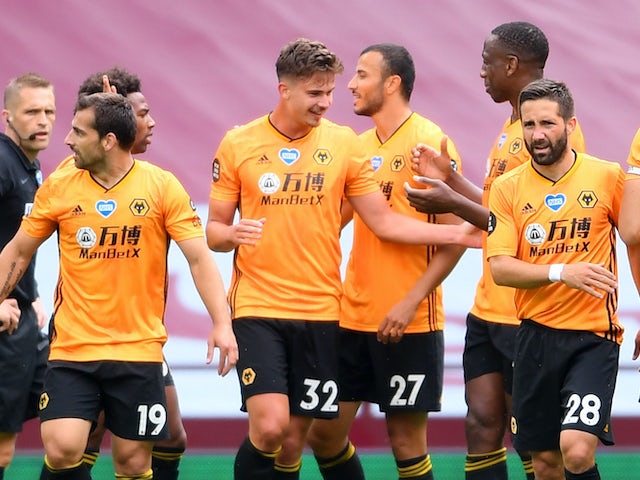 © Reuters
© Reuters
MARCH
6: Aston Villa (a)
13: Liverpool (h)
20: Manchester City (a)
APRIL
3: West Ham United (h)
10: Fulham (a)
17: Sheffield United (h)
24: Burnley (h)
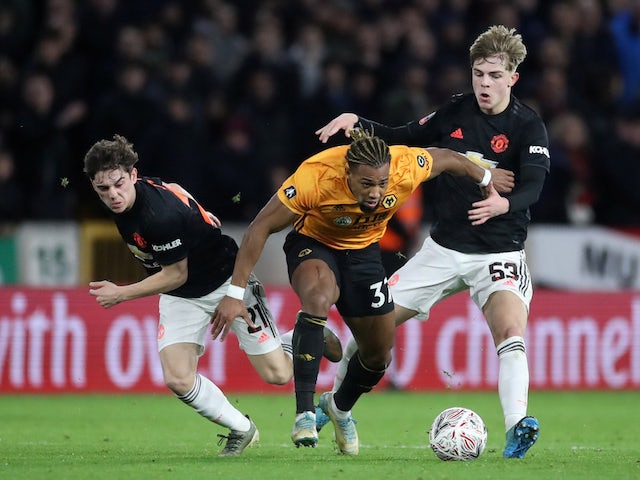 © Reuters
© Reuters
MAY
1: West Bromwich Albion (a)
8: Brighton (h)
12: Tottenham Hotspur (a)
15: Everton (a)
23: Manchester United (h)
Prediction: 8th
Wolves have only recently kicked into action in the transfer market, and Fabio Silva in particular looks like an exciting prospect for the future who should get a few first-team chances this season too.
Nuno's side are expected to do more business before the window closes too, including signing a right-back replacement for Matt Doherty, which would allow Traore to play in his preferred position further up the field where he can do most damage.
Should the winger and Jimenez be in top form again then Wolves will fancy their chances of pushing for the top six once more, particularly with no Europa League to distract them this time around, but it is a competitive fight for those places and we expect them to just miss out.









